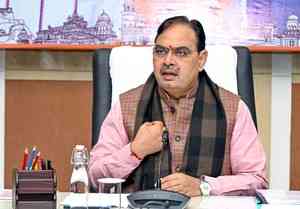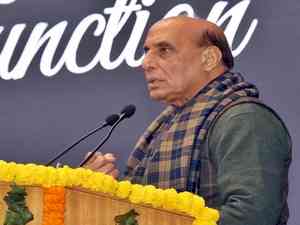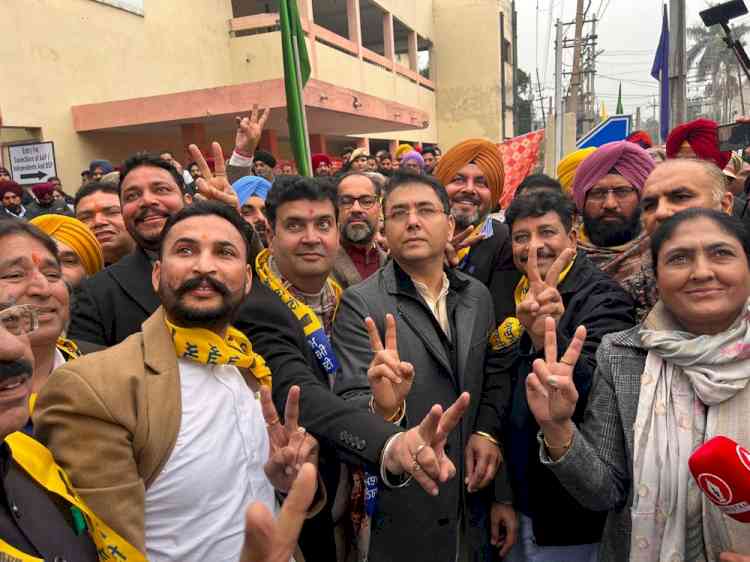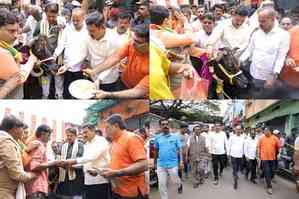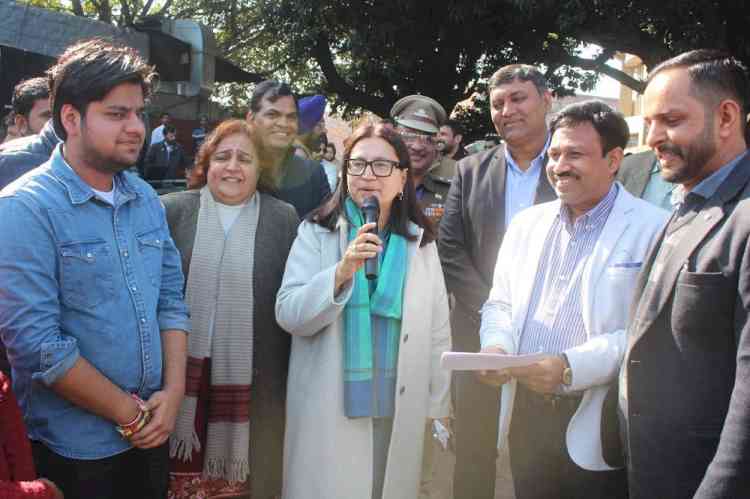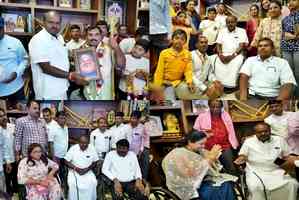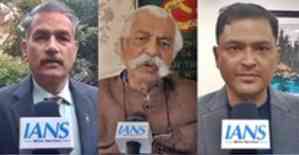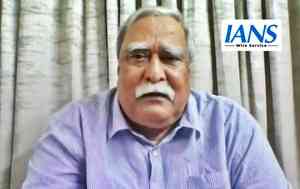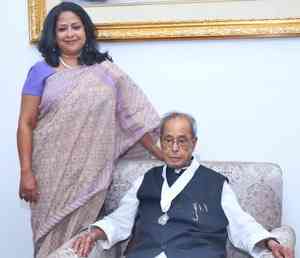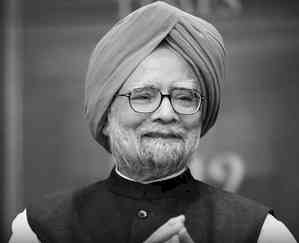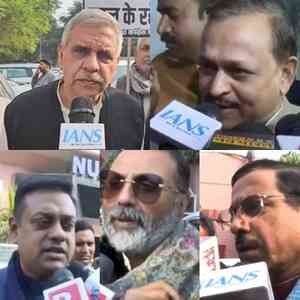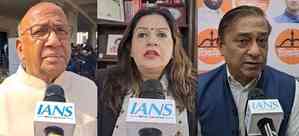Growing rift among key constituents threatens unity of INDIA bloc
The INDIA (Indian National Developmental Inclusive Alliance) opposition bloc, which was formed on the idea that the BJP cannot be defeated while opposition parties remain divided, now faces the threat of disunity and disintegration.
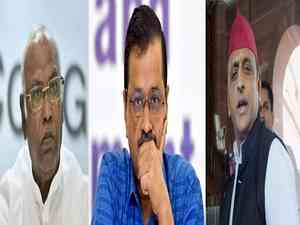
New Delhi, Oct 14 (IANS) The INDIA (Indian National Developmental Inclusive Alliance) opposition bloc, which was formed on the idea that the BJP cannot be defeated while opposition parties remain divided, now faces the threat of disunity and disintegration.
The widening rift among key constituents -- the Congress, AAP, and the Samajwadi Party -- came to the fore more sharply ahead of Haryana assembly polls when the grand old party was reluctant to form a united front against the ruling BJP in the state.
Political observers are of the view that the challenges are expected to assume uglier proportions, particularly during the critical seat-sharing negotiations in Maharashtra and Jharkhand, where assembly elections will be held soon.
Key partners in Maharashtra, Shiv Sena (UBT) and NCP (SP), are reportedly reluctant to accommodate Congress' demands for seat distribution ahead of the assembly elections there. Similarly, negotiations between JMM and Congress may be difficult in Jharkhand, with indications that Congress may consider parting ways with its partners in these crucial states.
The Congress' decision to go solo in Haryana, refusing to give even a single seat to AAP and the Samajwadi Party, drew sharp criticism from allies. AAP leaders on record attributed the Congress’ electoral debacle in Haryana to an arrogant attitude that has undermined the integrity of the alliance.
Commentators suggest that the Congress' obstinacy may further exacerbate divisions within the INDIA bloc.
Instances of opposition parties publicly clashing rather than uniting against their common adversary, the BJP, have become increasingly frequent.
For instance, the Samajwadi Party, led by Akhilesh Yadav, announced six candidates for the upcoming by-polls in Uttar Pradesh after reportedly failing to reach an agreement with Congress on seat sharing for the ten Assembly constituencies where by-elections could be held next month.
The early days of the opposition alliance were not smooth. JD-U leader Nitish Kumar, who had initiated efforts to form a bloc, had expressed dissatisfaction with Congress' approach.
His close aide K.C. Tyagi was on record saying that "the INDIA alliance is on the verge of breaking due to the irresponsible and obstinate attitude of Congress".
The recent electoral outcome in Haryana was a wake-up call for the bloc, leading to partners to mount an attack on Congress for its poor performance.
The grand old party won only six seats in Jammu and Kashmir. Following these results, regional parties have urged Congress to conduct a thorough introspection, stressing that it requires allies to effectively challenge the BJP.
Political analysts state that Congress struggles in direct contests with the BJP, as evidenced by its performances in both Haryana and Jammu and Kashmir.
These dynamics will undoubtedly impact the upcoming assembly elections in Maharashtra, Jharkhand, and Delhi. AAP has already declared that it will not have a poll pact with Congress in Delhi and Punjab.
In her reaction to Congress' performance in Haryana, Rajya Sabha MP Priyanka Chaturvedi (Shiv Sena-UBT) had said: "What is important to note is that there was fertile ground to win. They need to introspect why they lose whenever there is a direct contest. For Maharashtra, seat-sharing talks are on. But with the new reality in Haryana, we will also look at that. What is important is to get the current dispensation out. We have to also look at ground realities."
In fact, the Shiv Sena-UBT leader dropped enough hints about how her party is going to treat Congress during seat-sharing talks in Maharashtra. As the INDIA alliance grapples with these challenges, the path forward remains uncertain.
--IANS
brt/pgh


 IANS
IANS 
